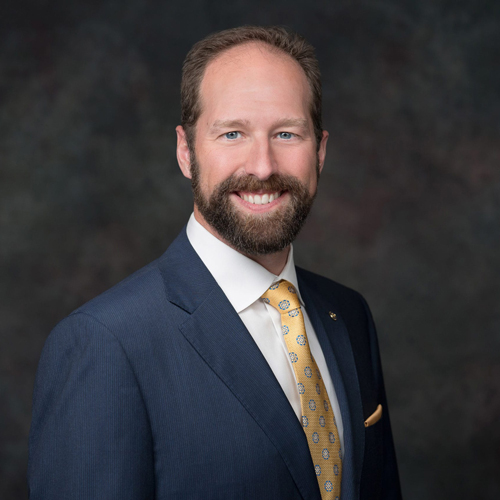“What happens to a surviving spouse if an employee dies while working, but that employee was also in the process of buying back military time? My husband has 16 years of service as a Civil Service employee (under FERS), and is currently buying back his military time (12 yrs of military service.) He’s paid a little more than 50% of his military deposit so far.” – Lisa.
When a federal employee dies while buying back their military time, it can affect their survivor benefits. This article explains how the Office of Personnel Management (OPM) handles this situation and what surviving spouses can do. I hope this situation never happens to you, but you can understand how confusing and stressful it can be.
What is Military Service Buyback?
Federal employees with active-duty military service understand that under the Federal Employees Retirement System (FERS), they can “buy back” their active-duty military service. This means they pay money to count their military time towards their retirement. Buying back military time can increase an employee’s FERS pension by adding years of service.
What Happens If an Employee Dies Before Finishing the Buyback?
If a federal employee dies before paying for all their military time, the process doesn’t automatically stop, but because this is not an everyday occurrence, there can be a lot of confusion. What happens next depends on a few things.
Important Documents
Important Documents and the keeping of important documents will help reduce some of the stress associated with this situation.
Surviving spouses should keep copies of:
- The military service buyback form (SF 3108)
- Payment records
- Any information from HR about the deposit
Keeping these records at home is important in case of an emergency and the surviving spouse having easy access to these records is key.
Options for Finishing the Buyback
Depending on how the employee was paying for the buyback will also affect the surviving spouse’s choices.
If the employee was paying for the buyback through their paycheck, OPM might give the surviving spouse some choices:
- Pay the rest of the money
- Have the remaining amount taken out of the survivor benefits
If neither option is chosen, the pension might not include the military time, which could mean less money for the survivor.
Survivor Benefits and Military Service Buyback
A surviving spouse can get FERS survivor benefits if the employee:
- Worked for the government for at least 18 months
- Was covered by FERS when they died
- Was married for at least nine months (or the death was an accident)
If the military time buyback is finished, those years are included when figuring out the pension. If it’s not finished, only the time working for the government is counted.
What Surviving Spouses Should Do
If a federal employee dies while buying back military time, the spouse should:
- Collect all records of military buyback payments
- Contact OPM to ask for survivor benefits and about finishing the buyback
- Decide whether to finish paying for the military time
Conclusion
Planning for survivor benefits is very important, especially when military service buyback is involved. By keeping good records and understanding their options, surviving spouses can make smart decisions about their financial future and have access to the valuable benefits they are eligible for.
For more information, visit the OPM website or talk to someone who knows about federal benefits.
Reference

ABOUT THE AUTHOR
Micah Shilanski, CFP®, is a distinguished financial planner known for his deep commitment to providing personalized advisory services to his clients. As the founder of Plan Your Federal Retirement, Micah has dedicated his career to helping federal employees understand and optimize their benefits to help ensure a secure and prosperous retirement. His experience is widely recognized in the industry, making him a sought-after speaker and educator on financial planning and retirement strategies.
Micah’s approach is client-centered, focusing on creating personalized strategies that address each individual’s unique needs. His work emphasizes the importance of comprehensive planning, incorporating aspects of tax strategy, investment management, and risk assessment to guide clients toward achieving their financial goals.



